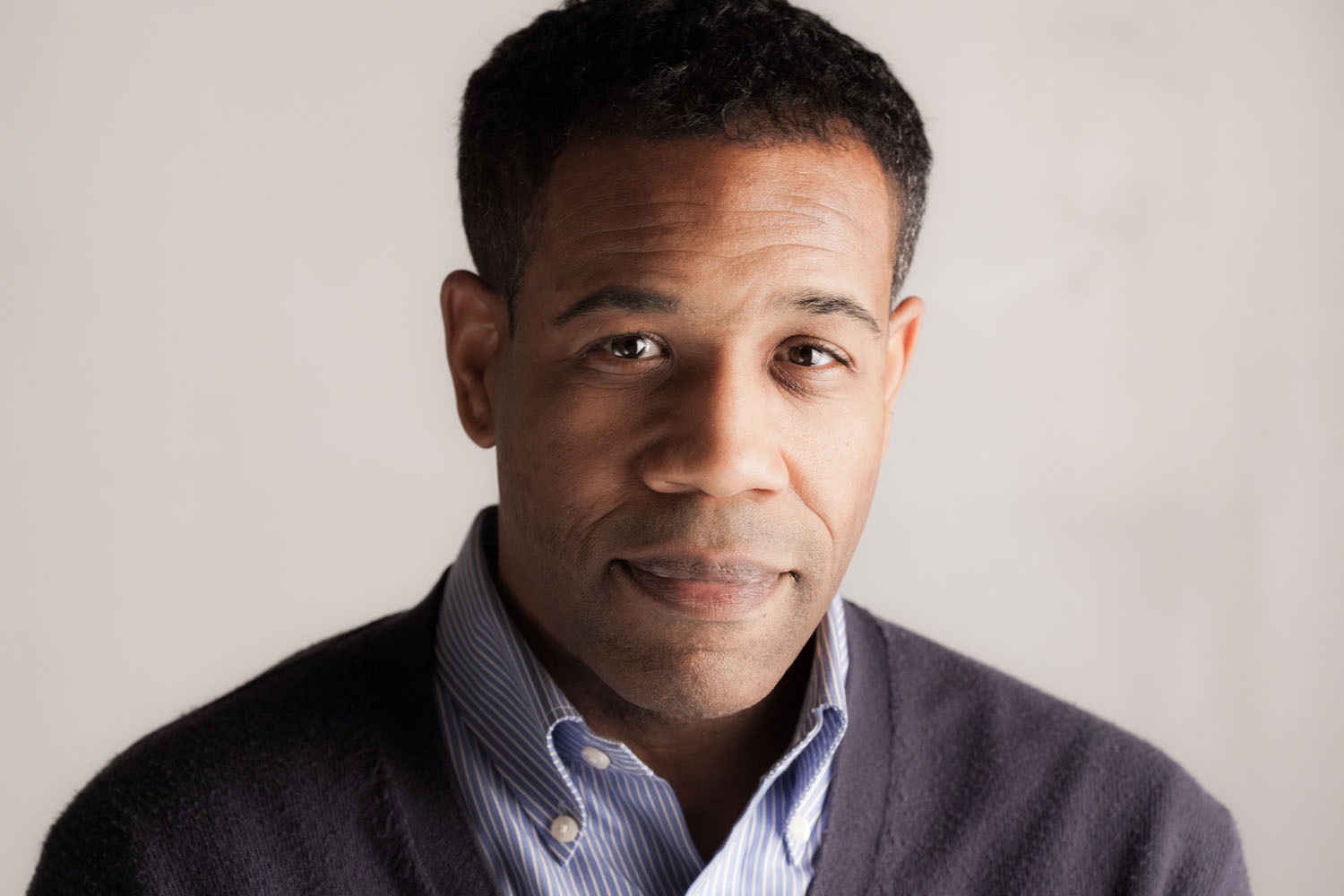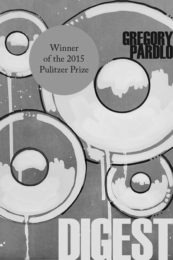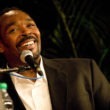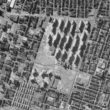Gregory Pardlo is a poet of joyous variety and wonder. It’s clear from the lively and anthem-like opening poem, “Written By Himself,” in his Pulitzer Prize-winning Digest, that he’s as wide-ranging, humane, irrepressible, and inclusive in his snappy 21st-century fashion as fellow urbanite and trailblazing singer Walt Whitman:
I was born in minutes in a roadside kitchen a skillet / whispering my name. I was born to rainwater and lye; / I was born across the river where I / was borrowed with clothespins, a harrow tooth, / broadsides sewn into my shoes. I returned, though / it pleased you, through no fault of my own, / pockets filled with coffee grounds and eggshells . . . / I was born a fraction and a cipher and a ledger entry; / I was an index of first lines when I was born.
In a time of unprecedented incarceration and daily harassment of African-American men, Pardlo’s Pulitzer Prize is just the kind of authentic good news we’ve needed lately.
Nothing seems to escape this uncovering poet’s full-on scrutiny, his wry but empathetic assessment; Pardlo is a modern griot and shape-shifter, a Prospero of unforced allusion: an up-for-anything Pardlo poem can deftly evoke sociology, jazz, lofty philosophy, African-American lit, Russian cinema, Greek mythology, European travel, film noir, hip hop, and a host of other topics. His heartening and exuberant intelligence is everywhere on display in Digest, and his musically brisk, propelling, always-alive poems are laden with spot-on observations and trenchant commentary, with small and sometimes key epiphanies. Dipping into highbrow and blue collar at will, into catchy pop and classical, Lord knows who or what he’ll drop into any given poem: this newly crowned book is that eclectic.
Among its impressively varied offerings, Digest contains: a punning poem about “Black pampers”; a bluesy quartet of poems from the vantage of wounded, “backhanded” Ursa, the singer-heroine of Gayl Jones’s searing novel, Corregidora; a psychologically astute and riveting long poem, “Alienation Effects,” in the persona of the mentally ill French philosopher and professor Louis Althusser, who eventually strangled his wife; and two sequences of stunning “improvisations” that begin with quotes from such heavyweights as Cervantes, Kierkegaard, Aquinas, and Heraclitus; in his vibrant game of cultural and historical ricochet, in one feat of sleight-of-hand, Pardlo braids the words of St. Augustine with Freud and Prince’s libidinous hit tune, “Little Red Corvette.”
Digest is only Gregory Pardlo’s second book; his first, Totem, was selected as a winner of the prestigious APR/Honickman Prize by the savvy Brenda Hillman, and revealed the debuting poet as a swift-moving cataloguer, an artful crafter of dazzling lines and startling juxtapositions: in a keen poem set in a late-night Manhattan metro station, the speaker slyly beseeched a subway car:
Afford me some pity, dear Nessie / of halogen and steel, your sub-street tempest sparking / moments blind and shuddering with caprice / like a wet dog.
In Digest, ever the nimble synthesizer and eyewitness chronicler, Pardlo has become even more attuned to community ritual and routine, even more purposeful and spirited in his exploration of an unlimited spectrum of life-as-we-know-it-now. As a contemporary cultural observer, he can be as arrow-true and engaging, as cogent in a head-nodding way, as bestselling critic and novelist Roxane Gay (see “Raisin,” “For Which It Stands,” and the Gassendi section of “The Conatus Improvisations,” for example) and he has a real flair for conveying well-meaning but fumbling fatherhood and an able ear and eye for domestic comedy; I’m delighted by crackling lines and details, such as the opening of “Problema 1,” a perfect example of his dense, cascading music:
Because Venus lifted the Rosewater Dish like a shield / in the sun, the graying father of two squatted a juggle/ of balls against a playground wall that had been graffitied / for an episode of Law & Order set in the hood. / The desiccated catgut of his racket strummed / like a junkyard harp with each gouty groundstroke.
In an America that is too often stridently anti-intellectual and excluding, Digest stands as a triumph of imaginative freedom and goodwill, of Black heart and intellect. In “For Which It Stands,” Pardlo speaks of a “pledge to birth a nation / of belonging and to teach that nation / of the fire shut up in our bones.” In the poet’s soulful case, it might be a winning fire of intellect sparked by at-the-ready compassion and curiosity. Unhampered by any stringent prescriptions or notions regarding what a Black man is supposed to write, Pardlo celebrates both text and marginalia, the worldly and the everyday, and makes his own heady, un-bossed, wildly meditative music.
At 46, Gregory Pardlo is only the second African-American man to be awarded the Pulitzer Prize in Poetry. In a time of unprecedented incarceration and daily harassment of African-American men, in a time of “deadly force” (“I gave birth, I gave blessing, I give rise to suspicion”), Pardlo’s Pulitzer Prize is real cause for cheering: just the kind of authentic good news we’ve needed lately in these United States of belonging, of still flourishing bigotry and unbeatable hope.
Cyrus Cassells is a poet, translator and professor at Texas State University in San Marcos, Texas. His most recent published collection of poetry is The Crossed-Out Swastika.
This articles appears in the July 2015 issue off The Washington Spectator.








0 Comments